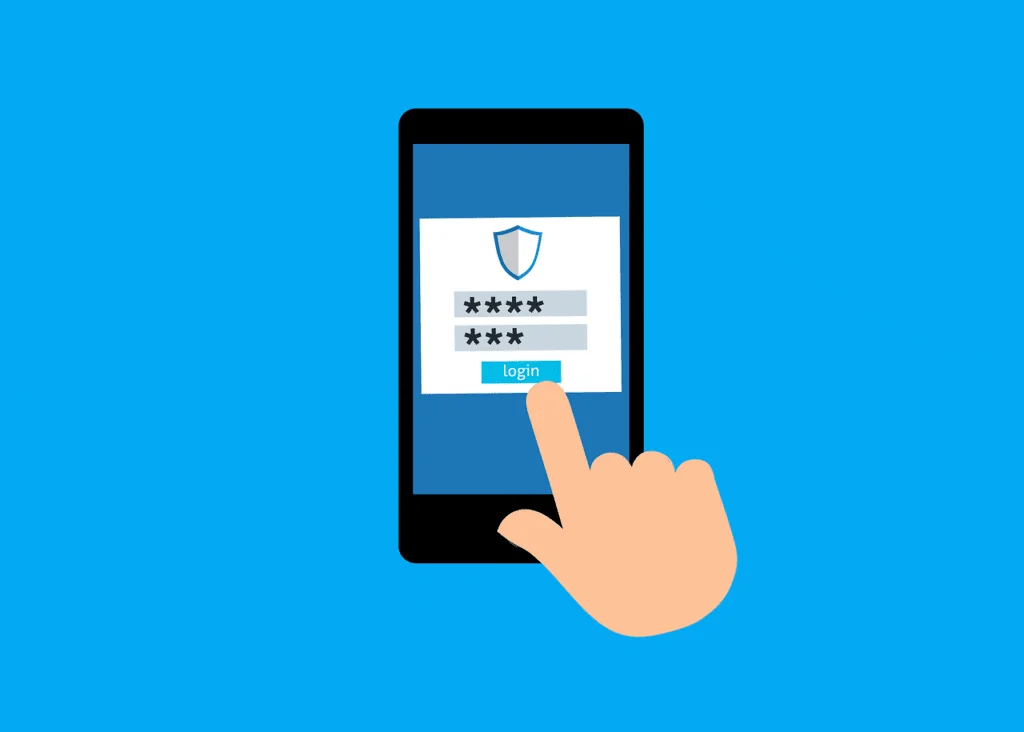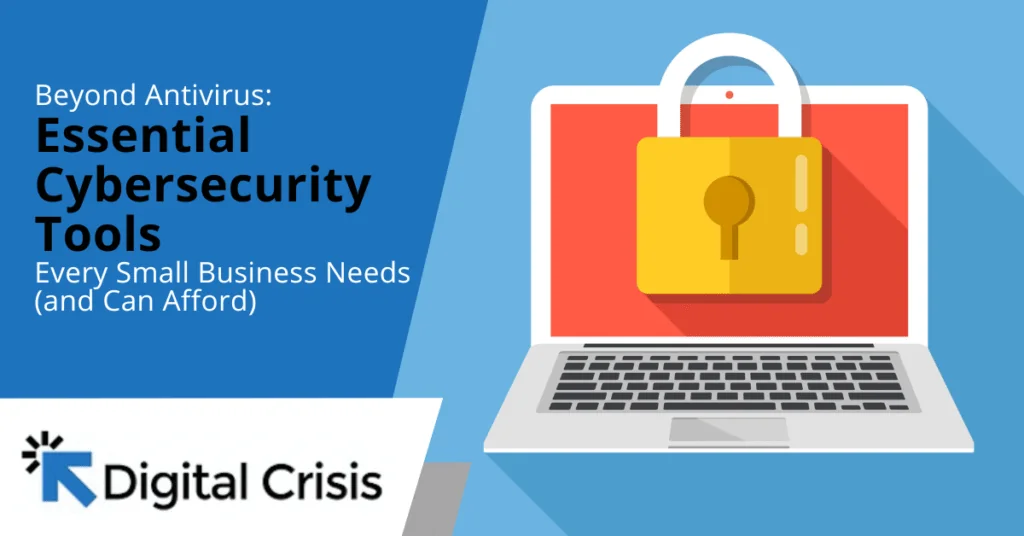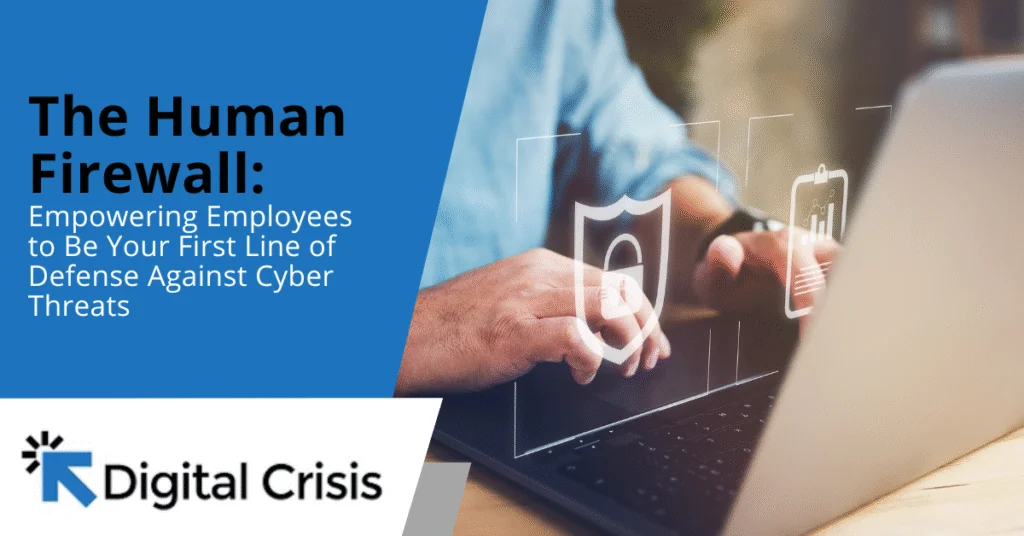How Do Websites Use My Data? (Best Practices for Data Sharing)
Websites store and use user data in many ways, usually to personalize content, show ads, and make the user experience better. This can include everything from basic data like the type of browser and IP address to more private data like names and credit card numbers. It’s important for people to know how this information is gathered, used, and shared. In this piece, we’ll talk about how websites use user data, the best ways to share data, and why data privacy is important.
What Is Data Collection On Websites?
It is normal for websites to collect data, which means getting information about the people who use them. This can be done in a number of ways, such as by using cookies, which store information on your computer so that they can recognize you on different websites. Websites also get information from the things people do on them, like when they click, scroll, and fill out forms. This information is often used to improve the user experience by showing them more relevant ads and custom content.
Websites usually gather two kinds of information: first-party data, which comes from the website itself, and third-party data, which comes from outside sources like advertising. First-party data includes things like past purchases and browsing history. Third-party data, on the other hand, could include demographic information or hobbies gathered from other websites.
Not only does the website gather information about its users, but it also shares that information with other businesses. For example, social media sites like Google and Facebook put tracking codes on other websites to learn more about how people use the internet. After that, this information is used to better target ads.
Gathering data brings up important concerns about safety and privacy. People who use the service should know how their information is being shared and used. This knowledge is very important for keeping users’ trust in websites.
In the next section, we’ll discuss how data sharing works and its implications.
How Does Data Sharing Work?
Data sharing is the process of making data available to multiple users or applications. It is a common practice among businesses and institutions, often facilitated through methods like File Transfer Protocol (FTP), Application Programming Interfaces (APIs), and cloud services. Data sharing can enhance collaboration and provide valuable insights but also poses significant privacy risks if not managed properly.
Understanding Data Sharing Methods
Data sharing methods vary based on the type of data and the parties involved. For instance, APIs are widely used for real-time data exchange between different systems, while cloud services provide a centralized platform for accessing shared data. Each method has its advantages and challenges, particularly in terms of security and privacy.
Challenges In Data Sharing
One of the main challenges in data sharing is ensuring that sensitive information remains secure. Implementing robust security measures, such as encryption and access controls, is crucial to prevent unauthorized access. Additionally, data sharing must comply with privacy laws like GDPR and CCPA, which require transparency and user consent.
Data sharing also involves ethical considerations, such as ensuring that data is used for its intended purpose and that users have control over their information. This requires establishing clear data governance policies and maintaining detailed records of shared data.
In the next section, we’ll delve into the best practices for managing user data on websites.
How Should Websites Manage User Data?
Managing user data effectively is essential for building trust and ensuring compliance with privacy regulations. Collecting only necessary data reduces the risk of breaches and simplifies compliance. Websites should also implement secure data storage solutions, such as encryption, to protect user information.
Best Practices for Data Management
- Transparency and Consent: Websites should clearly communicate how user data is collected and used. Users should have the option to opt-in or opt-out of data collection, and they should be able to access, modify, or delete their personal information.
- Data Minimization: Collecting only the data that is necessary for the website’s functionality helps reduce the risk of data breaches and improves compliance with privacy laws.
- Secure Data Storage: Encrypting data both at rest and in transit ensures that it remains secure even if intercepted. Regular security audits and updates are also crucial to prevent vulnerabilities.
- User Control: Providing users with tools to manage their data preferences fosters trust and accountability. This includes options to download, edit, or delete personal information.
By following these best practices, websites can ensure that user data is handled responsibly and securely.
In the next section, we’ll explore the importance of data privacy and compliance.
Why Is Data Privacy Important?
Data privacy is a fundamental right that ensures individuals have control over their personal information. Organizations must implement processes and controls to protect the confidentiality and integrity of user data. This includes training employees on compliance requirements and using technical tools like encryption and access management.
Data privacy regulations, such as GDPR and CCPA, impose strict penalties for non-compliance. Therefore, it’s essential for organizations to develop comprehensive data privacy frameworks that include obtaining informed consent, implementing data encryption, and ensuring transparency in data usage.
Ensuring Compliance
Ensuring compliance with data privacy laws requires ongoing efforts. This includes regularly reviewing and updating privacy policies, conducting security audits, and maintaining detailed records of data processing activities.
Building Trust Through Transparency
Transparency is key to building trust with users. Websites should provide clear and accessible information about how personal data is used and shared. Users should also have easy options to withdraw consent or manage their data preferences.
In the final section, we’ll discuss how users can protect their data and what steps they can take to ensure their privacy online.
How Can Users Protect Their Data?
Users can take several steps to protect their data online. Using privacy-focused browsers and extensions can help block tracking cookies and scripts. Additionally, being cautious with personal information shared online and regularly reviewing privacy settings on social media platforms are important practices.
Users should also be aware of the data collection policies of websites they visit. Reading privacy policies and understanding how data is used can help users make informed decisions about their online activities.
Tools For Data Protection
Several tools are available to help users protect their data. VPNs can mask IP addresses and encrypt internet traffic, while password managers can secure login credentials. Regularly updating software and using strong, unique passwords are also essential for maintaining online security.
Educating Yourself
Educating oneself about data privacy and security is crucial in today’s digital age. Understanding how data is collected and used can empower users to make better choices about their online activities.
Understanding how websites use and share user data is essential for maintaining privacy and security online. By following best practices for data sharing and privacy, both websites and users can ensure a safer and more transparent digital environment.
Take Action to Protect Your Data
If you’re concerned about how your data is being used online, it’s time to take action. At our company, we specialize in helping individuals and businesses navigate the complex world of data privacy and security. Whether you need guidance on implementing privacy policies or securing your online presence, we’re here to help. Contact us today to learn more about how you can protect your data and ensure a safer digital experience.
—
This Article has been Republished with Permission from The Technology Press.














